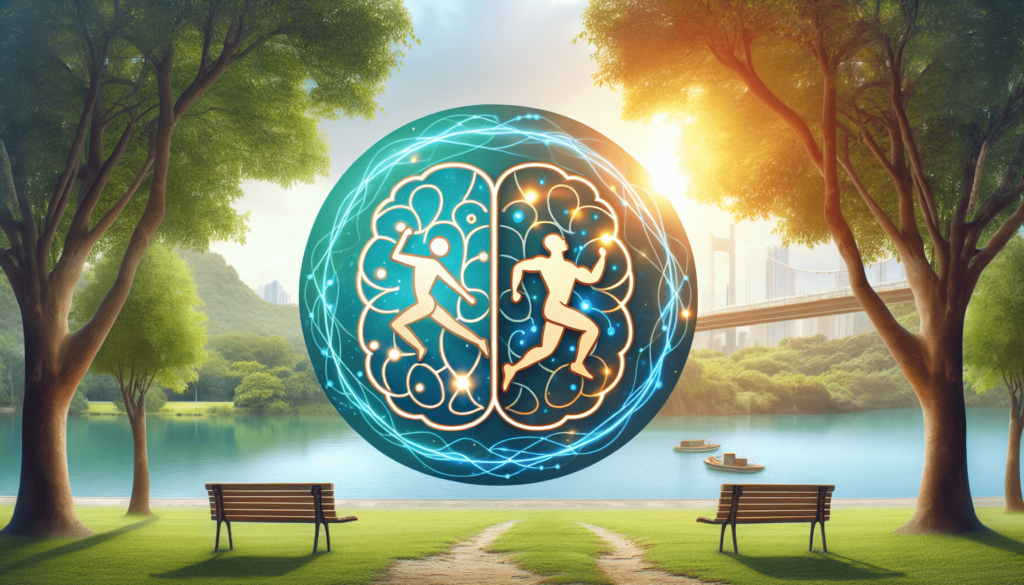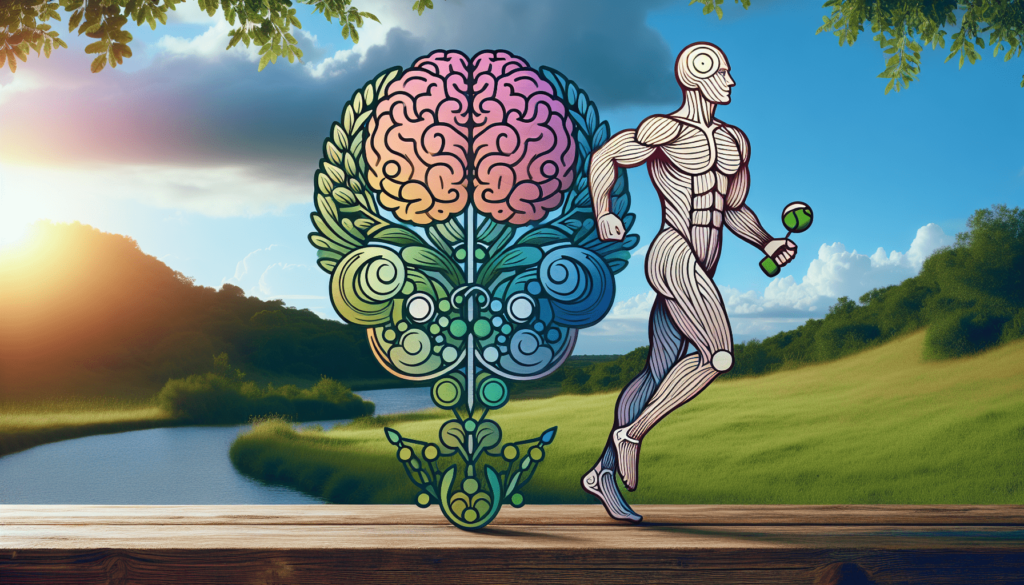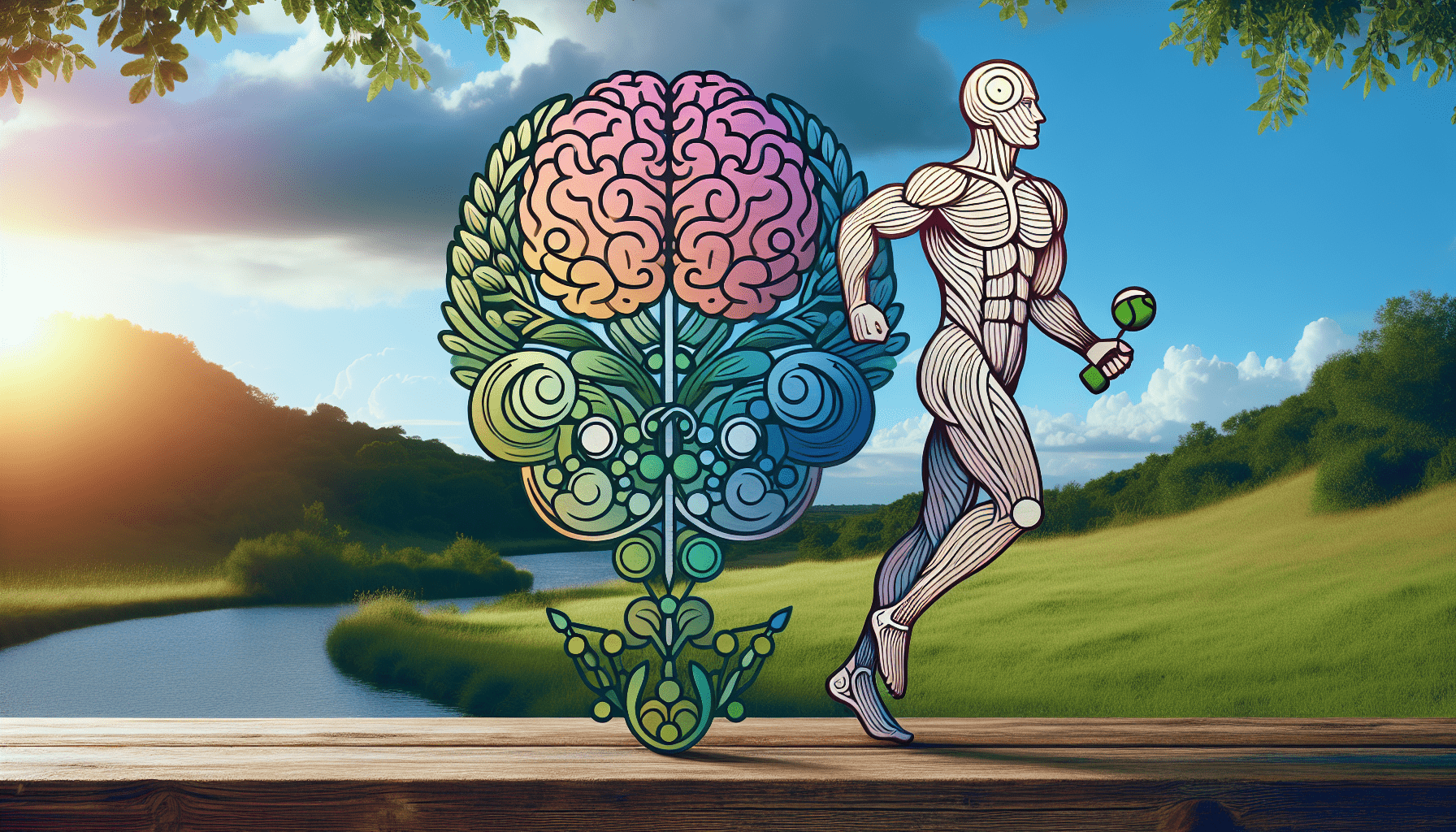Do you ever feel like your brain and body are in cahoots, plotting together to either make you feel like a million bucks or like a hearty leftover meatloaf? You’re not alone. There’s a fascinating, albeit sometimes frustrating, link between mental health and physical fitness. This connection is like the frenemy who borrows your sweater and never returns it—except in this case, it’s good for you.
Let’s untangle this web of neurons and muscles to see just how deeply intertwined these two aspects of your well-being really are. Spoiler alert: they’re besties, and they’re both here to make your life infinitely more interesting.
What is Physical Fitness Anyway?
So you’re wondering, do you have to be chiseled like a Greek god to be physically fit? Absolutely not! Physical fitness isn’t about having abs you could grate cheese on or calves that look like they were sculpted by Michelangelo. It’s about your overall health and ability to perform daily activities without feeling like you’ve just run a marathon.
Components of Physical Fitness
Physical fitness can be broken down into several key components. Think of these as the ingredients in a well-balanced smoothie.
| Component | Definition |
|---|---|
| Cardiovascular Endurance | Your heart and lungs working together to keep you moving. |
| Muscular Strength | The amount of force your muscles can produce. |
| Muscular Endurance | Your muscles’ ability to continue to exert force over time. |
| Flexibility | The range of motion available at your joints. |
| Body Composition | The ratio of fat to lean tissue in your body. |
The Mental Health Spectrum
Just like the spectrum of physical fitness, mental health also ranges from flourishing to languishing. And no, languishing is not the act of lazily lying on a chaise lounge, although it might feel that way sometimes.
Flourishing Mental Health
When you’re flourishing, life feels like a stroll in a meadow with butterflies and the occasional catchy tune playing in the background. You feel a sense of purpose, joy, and resilience.
Languishing Mental Health
On the flip side, languishing feels like you’re trudging through molasses while every pop song on the radio is a heartbreaking ballad. It’s the void between depression and flourishing where you just feel… meh.

The Science Linking Physical Fitness and Mental Health
Believe it or not, your brain and your body communicate constantly like old friends gossiping over coffee. Physical exercise affects your brain in profound ways, and the science behind it is pretty engaging.
The Happy Hormones: Endorphins
When you exercise, your body releases endorphins, which are nature’s own opiates. They’re the “feel-good” chemicals that can turn your mood from grumpy cat to ecstatic euphoria. Think of endorphins as your brain’s free upgrade to first class.
Neurogenesis: Building New Brain Cells
Physical exercise promotes neurogenesis, which is the formation of new neurons in your brain. It’s like your brain is constantly adding new members to its exclusive club. This can lead to improved cognitive function and a better mood. Remember, a busy brain is a happy brain.
Cortisol: The Stress Hormone
Ever felt like a stress ball about to explode? That’s cortisol at work. Regular exercise helps to regulate your cortisol levels, turning you from a ticking time bomb into a zen garden. Namaste.
Types of Exercise for Mental Health
You don’t have to run a marathon to improve your mental health—unless you’re into that kind of thing, and in that case, more power to you! There are plenty of ways to get moving that won’t leave you contemplating the meaning of life.
Aerobic Exercise
Think running, swimming, cycling—basically anything that gets your heart racing faster than encountering your crush in a grocery store. Aerobic exercises are particularly effective at boosting mood and reducing anxiety.
Strength Training
Lifting weights might sound intimidating, but think of it as sculpting yourself a new suit of armor. Plus, the focus required during lifting can take your mind off daily worries. Double win!
Yoga and Mindfulness
Yoga isn’t just for those who can twist themselves into pretzels. It combines physical movement with mindfulness, making it a two-for-one deal for both physical and mental health. Namaste squared.
Group Sports
There’s something uniquely satisfying about smacking a ball around with friends, whether it’s basketball, soccer, or the most epic dodgeball game of your life. The social interaction can also provide a mental health boost. Go team!

Benefits of Physical Fitness on Mental Health
Alright, let’s break down the perks of getting off your couch and into some sweat-inducing activity. Because let’s face it, we all need as much motivation as we can get.
Improved Mood
Remember those endorphins we talked about? They’re like the confetti at a party—they make everything instantly better. Regular physical activity can lift your spirits higher than a double-shot of espresso.
Reduced Anxiety and Depression
Exercise acts like a natural anti-anxiety and anti-depressant pill. It cranks down the intensity of anxiety and lifts the fog of depression, making the world seem a little less daunting and a lot more manageable.
Enhanced Cognitive Function
Your brain is kind of like a muscle—it needs a workout to stay in shape. Physical exercise can enhance your memory, problem-solving skills, and overall mental sharpness. Who knew jumping jacks could make you smarter?
Better Sleep
If you’re counting sheep more often than a shepherd, exercise might be your ticket to dreamland. Physical activity helps regulate your sleep patterns, so you can drift off faster than a lullaby in a time machine.
Increased Self-Esteem and Confidence
Let’s be real—we all want to feel like rock stars sometimes. Regular exercise can boost your self-esteem and confidence, making you feel like you can conquer Mount Everest—or at least the pile of dishes in your sink.
Tips to Get Started
Now that you’re practically bursting with motivation, where do you even start? Don’t worry, we’ve got you covered with some practical tips to make this fitness journey feel less like a chore and more like an adventure.
Set Realistic Goals
Aim for goals that are realistic and achievable. Nobody’s asking you to transform into an Olympic athlete overnight. Start small—maybe aim to take a walk 3 times a week.
Find What You Enjoy
There’s no point in forcing yourself into a workout you dread. Whether it’s dancing like no one’s watching, hiking, or martial arts, find something that makes you look forward to moving.
Buddy Up
Exercise can be more fun with a friend. Not only will a workout buddy keep you accountable, but they can also make the experience more enjoyable. Because let’s be honest, misery loves company—or at least, a good laugh.
Track Your Progress
Keeping a fitness journal or using an app to log your progress can be incredibly satisfying. It helps you see how far you’ve come and keeps you motivated to push a little further each time.
Mix It Up
Variety is the spice of life, and this holds true for your fitness routine. Mix up different types of exercise to keep things exciting and engage different muscle groups. Boredom is the enemy—you’re in this for the long haul!
Don’t Be Too Hard on Yourself
There will be days when you just don’t feel like moving a muscle, and that’s okay. Give yourself a break and remember that consistency, not perfection, is key.
Conclusion
So there you have it—the dynamic duo of mental health and physical fitness. They’re like peanut butter and jelly, Batman and Robin, or perhaps more accurately, like two overly enthusiastic friends dragging you to a party. Embrace the connection, take it step by step, and remember to laugh along the way.
Getting physically fit doesn’t just chisel your body; it sharpens your mind, brightens your mood, and transforms your outlook on life. So lace up those sneakers, take a deep breath, and set off on this journey. Who knows? You might just stumble upon a version of yourself that you really, really like.
Now, has anyone seen my sneakers?
